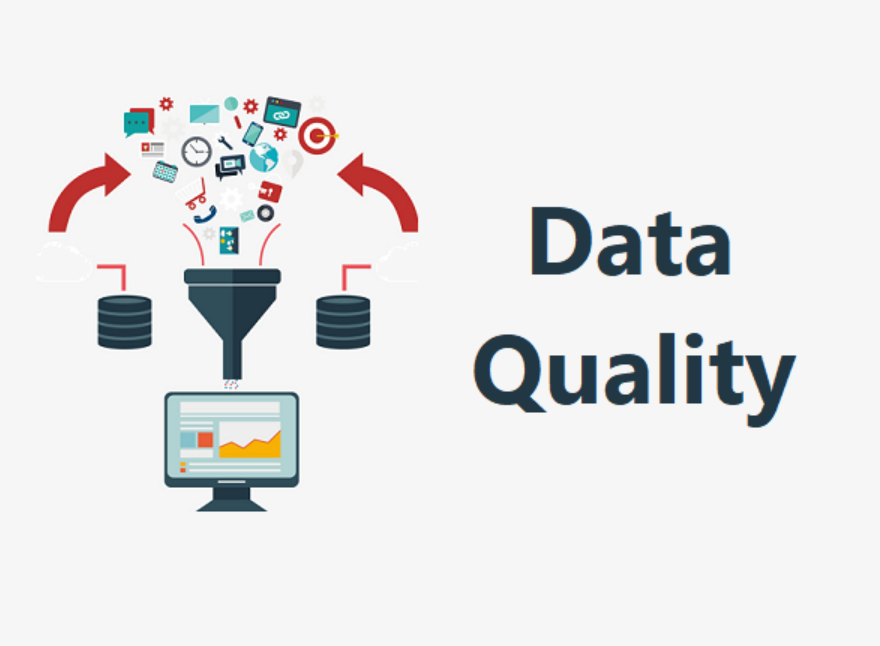Graph the True Data and Reality
Modeling reality isn’t about getting it perfectly right. It’s about getting close enough to act meaningfully

Are you asking the right questions about your data? With the rapid rise of AI, machine learning, and the modern data stack, many businesses are racing to adopt these shiny new tools. But before diving headfirst into the latest tech trend, ask yourself: Is your data even good enough to support these technologies?
Businesses are investing millions in data strategies, hoping to leverage the cutting-edge capabilities of AI and position themselves ahead of the competition. But here’s the truth: No matter how advanced your AI systems are, their performance will only ever be as good as the quality of the data they rely on. And this is where many companies stumble. In their eagerness to keep up, they overlook one critical factor, data quality.
Imagine you’re booking a ride on your favorite app, and for a short 4km trip, the app quotes you $25 instead of the expected $15. The cause? Poor data quality. While the company may profit this time, next time they might lose customers, or worse, the entire system could lose credibility. Now, consider a more serious scenario: a company’s dashboard reports $2.5 million in revenue, but the actual number is closer to $3 million. That kind of error could lead to misinformed decisions, internal confusion, and a loss of trust from stakeholders.
Data quality isn’t a luxury anymore, it’s a necessity. In a world where businesses increasingly rely on AI, machine learning, and decision-support systems, the bar for data quality has been raised. The tools might be advanced, but without solid data, they are powerless. And while the opportunities for growth are great, the risks of working with inaccurate or incomplete data can be just as significant.
Many companies, and even data providers, are still stuck on quantity over quality. It’s become a common problem: collect as much data as possible, and then worry about quality later. This reactive approach leads to massive headaches down the line. Businesses may realize, often too late, that their data is full of errors, duplicates, or inconsistencies. By the time this is discovered, teams are scrambling to find quick fixes, using duct tape solutions to hold their data strategies together instead of addressing the root cause.
It’s easy to get caught up in the excitement of AI tools and fancy algorithms, but let’s face it: a cutting-edge AI model trained on bad data is doomed from the start. The result? Faulty predictions, misleading insights, and ultimately, poor decision-making that can damage your company’s bottom line.
When was the last time you asked yourself, Can we really trust our data? Unfortunately, these questions tend to surface only after something goes wrong. A senior executive questions a report, and suddenly the entire team is in panic mode, combing through data to find where things went awry. Hours of investigating often reveal that the problem lies not in the system, but in the data itself.
One of the most alarming trends I’ve observed is how companies place blind trust in AI, dashboards, and other tools without questioning the reliability of the data feeding them. It’s like building a house on a weak foundation, everything looks good until it starts to crumble. When problems arise, teams often resort to quick patches rather than digging deeper to understand if the data is solid. This short-term thinking leads to even bigger issues in the long run, eroding trust in data systems and limiting the organization’s ability to make informed decisions.
Data quality isn’t a one-time project or a box you check off during a system upgrade. It’s an ongoing process that requires continuous attention, refinement, and strategic oversight. From the moment data enters your system, whether through external sources or internal processes, there needs to be a plan in place to ensure its accuracy, consistency, and integrity.
Companies that don’t address data quality from the outset are setting themselves up for failure. In this new era of AI-driven decision-making, data sits at the core of everything. Poor data means poor results, no matter how sophisticated your tools are. So, before you jump headfirst into the latest tech trend, stop and ask yourself: Is our data ready for the future?
Because ultimately, the quality of your data will determine how well your business can navigate the rapidly evolving technological landscape. And without reliable data, even the most advanced AI can’t help you.